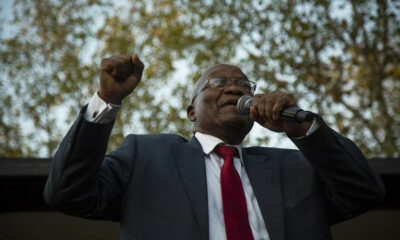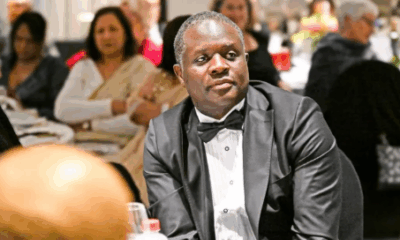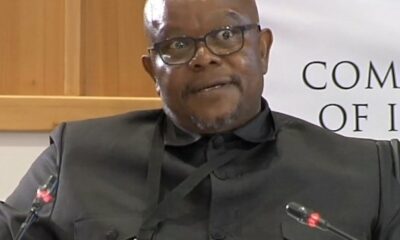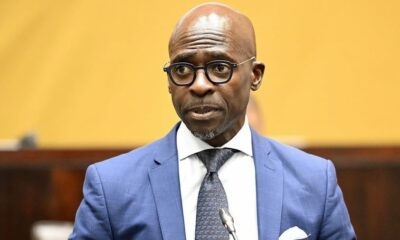News
Zondo to Ramaphosa: You Can’t Fight Corruption by Rewarding It
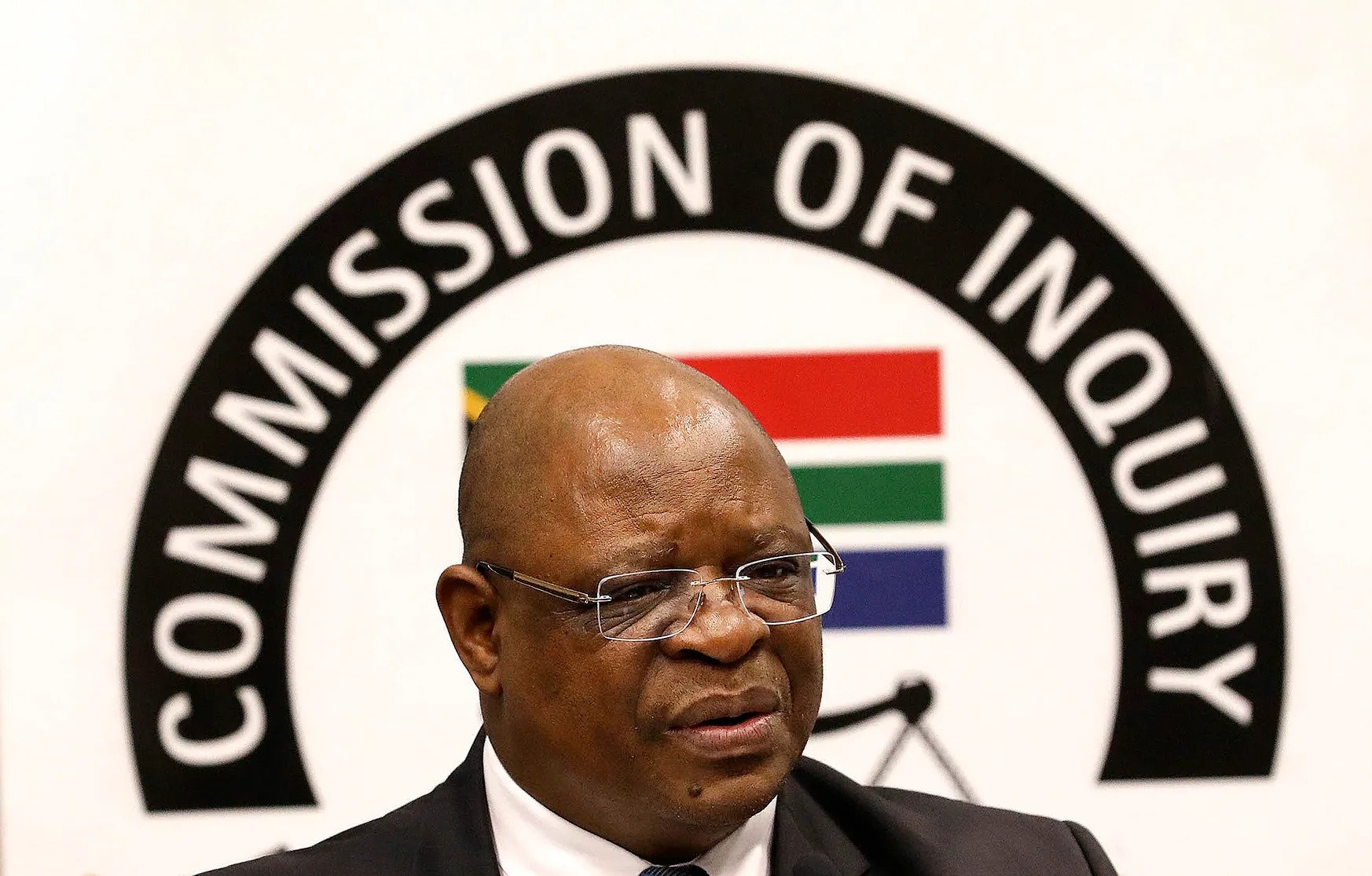
Former Chief Justice takes rare public swipe at President’s Cabinet picks and slow reforms
In a rare and pointed public rebuke, former Chief Justice Raymond Zondo has accused President Cyril Ramaphosa of undermining the very anti-corruption work he once claimed to support, by appointing ministers who were named in the explosive State Capture Inquiry Zondo himself chaired.
“It was like the president was saying, ‘I don’t care what you have found about these people. I think they are good enough to be promoted,’” said Zondo, reflecting on the painful experience of swearing in ministers whose names he had personally recommended for further investigation or prosecution.
For many South Africans, his frustration echoes a growing sense of déjà vu. We’ve been here before scandals, commissions, promises and then the slow fade to silence.
A Billion Rand Commission, a Trickle of Justice
The Zondo Commission, formally the Judicial Commission of Inquiry into Allegations of State Capture, was launched in 2018 after years of explosive revelations about high-level looting and political manipulation under former President Jacob Zuma.
It cost nearly R1 billion and ran for four years. The final reports spanned six volumes and named over 1,400 individuals and institutions—+, detailing corruption across entities like PRASA, SABC, the State Security Agency, and Eskom.
And yet, only 51 people have been charged.
Yes, Ramaphosa implemented some early recommendations—appointing new leadership at SARS and freezing billions in suspect assets. But the real meat of the report? The calls for prosecution, reform, and institutional clean-up? That’s where things stall.
And when the very individuals implicated in those findings are brought back into government—sometimes promoted—it sends a chilling message.
“You Swear Them In, Then Watch Them Return”
Zondo’s comments to Sunday Times were deeply personal. As Chief Justice, he was required to administer oaths of office. Swearing in politicians he had just spent years investigating wasn’t just awkward—it felt like betrayal.
“They are being rewarded instead of held accountable,” he implied.
It’s an issue many civil society groups, legal experts and citizens have voiced: if the findings of such a significant inquiry are not respected in practice, what was the point?
Double Standards in Cabinet Clean-Up?
Zondo didn’t hold back when addressing the apparent inconsistency in how the Ramaphosa administration handles corruption scandals.
He cited the case of Minister of Human Settlements Thembi Simelane, who was quietly shifted from the Justice Department despite allegations of involvement in the infamous VBS Mutual Bank scandal. Meanwhile, other ministers like suspended Police Minister Senzo Mchunu and former Higher Education Minister Nobuhle Nkabane were shown the door amid their own controversies.
“Why are some protected and others not?” Zondo seemed to ask. It’s a fair question—and one the public is also asking.
Another Dialogue, More Doubt
Zondo also weighed in on the President’s upcoming National Dialogue, a forum touted as a chance for all South Africans to help shape the country’s future.
But Zondo doesn’t believe it will do much. “I don’t think we need a dialogue to fix the basics,” he said bluntly.
He pointed to the country’s real, tangible crises, municipal collapse, failing hospitals, absent doctors, no medicine—as issues that need action, not more talk.
It’s a sentiment that cuts deep in communities where service delivery has all but vanished. Many South Africans are growing tired of conferences and summits that yield little beyond headlines and hashtags.
A Crisis of Credibility
Ultimately, Zondo’s remarks paint a sobering picture. South Africa has no shortage of commissions, reports, or evidence. What it lacks is the political will to act decisively and fairly.
Ramaphosa built his image around renewal and anti-corruption. But reappointing ministers tainted by the very inquiry he once backed calls that credibility into question.
As the country approaches the National Dialogue and stares down municipal crises, energy uncertainty, and economic fatigue, Zondo’s warning feels less like a legal opinion and more like a plea.
One that asks: if we don’t take corruption seriously at the top, how can we expect things to work at the bottom?
{Source: BusinessTech}
Follow Joburg ETC on Facebook, Twitter , TikTok and Instagram
For more News in Johannesburg, visit joburgetc.com

